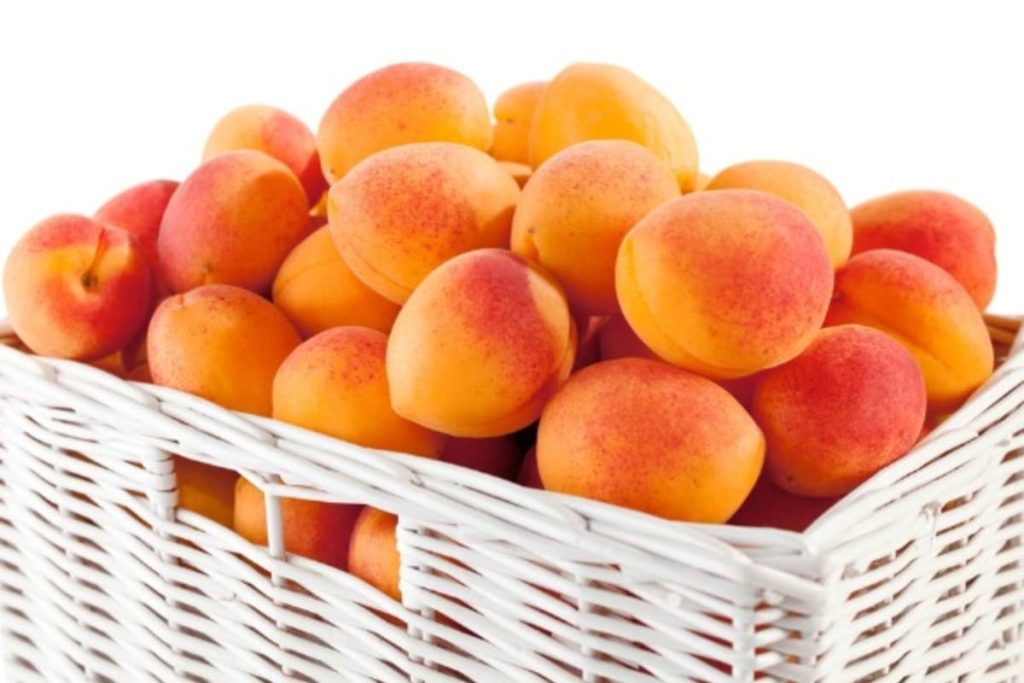National Apricot Day rolls around every January 9th, inviting us to pause and appreciate the sweet, tangy flavors of this ancient fruit. But have you ever stopped to ponder how this humble fruit, with its velvety texture and nutritious benefits, managed to carve out its own special day in the United States? The journey of apricots, from their origins in China around 3000 B.C. to their cultivation in Persia and eventual introduction to Europe and North America, is as rich and colorful as the fruit itself. Celebrated for their vitamins A and C, fiber, and antioxidants, apricots have been revered through the ages, not just for their health benefits but also for their versatility in the kitchen. From fresh snacks to key ingredients in baking and preserves, apricots have a storied history that mirrors the evolution of culinary traditions across continents. As we gear up to celebrate National Apricot Day, let's take a moment to reflect on the journey of this "fruit of the sun" and how it continues to delight our palates and enrich our diets.
Key Takeaway
Timeline
Day Activities
-
Kick off National Apricot Day with a bang by hosting a sunrise breakfast featuring apricot-themed dishes. Think apricot jams spread over warm toast, fresh apricot parfaits layered with yogurt and granola, and apricot muffins that melt in your mouth. It's a sweet start to a day dedicated to this golden fruit.
-
Midday, why not organize an apricot scavenger hunt? Hide apricot-flavored treats and small apricot-themed gifts around your local park or backyard. Participants can enjoy the thrill of the hunt and the delight of discovering apricot treasures. It's a fun twist that gets everyone moving and grooving.
-
As the sun sets, cap off the celebration with an apricot bake-off. Invite friends and family to whip up their best apricot recipes, from savory apricot-glazed chicken to sweet apricot tarts. Judges can sample each dish and crown the apricot king or queen, making for a tasty and competitive end to National Apricot Day.
Interesting Facts
1. Ancient Origins
Apricots date back to 3000 B.C. in China, showcasing their rich history.
2. Persian Sun Fruit
Known as "fruit of the sun" in Persia for their early ripening.
3. European Introduction
Apricots hit Europe in the 16th century, thanks to explorers.
4. Nutritional Powerhouse
Packed with vitamins A and C, fiber, and antioxidants.
5. Versatile Delight
Enjoyed fresh, in baking, or as dried fruit.
Why We Love This Day
- Celebrating a Nutritional Powerhouse
Who doesn't love a good reason to munch on something tasty and know it's doing wonders for their health? National Apricot Day gives everyone just that excuse. Apricots are little bundles of nutrients, packed with vitamins A and C, not to mention fiber and antioxidants. This makes them not just a delight to the taste buds but also a boon for our well-being. So, on January 9th, we're all about celebrating these golden delights and the sweet, tangy punch they pack.
- Diving into a Rich History
There's something special about enjoying a fruit that has been cherished across millennia, and apricots are no exception. With roots tracing back to 3000 B.C. in China, and a journey through Persia to the orchards of Europe and North America, apricots have a storied past. National Apricot Day isn't just about biting into a juicy fruit; it's a nod to the rich tapestry of human agriculture and the spread of beloved foods across continents. Let's face it, munching on an apricot is like taking a bite out of history.
- Versatility in the Kitchen
Apricots shine in their versatility, and that's another reason to love National Apricot Day. Whether you're into fresh fruits, baking, making preserves, or snacking on dried apricots, there's no shortage of ways to enjoy them. This day encourages folks to get creative in the kitchen, experimenting with apricots in pies, jams, or even as a zesty addition to savory dishes. It's the perfect opportunity to explore new recipes or bring out family favorites, celebrating the apricot's ability to add a sweet or tangy twist to any meal.
Past & Future Dates
| Month | Day | Year |
|---|---|---|
| JANUARY | 9 | 2022 |
| JANUARY | 9 | 2023 |
| JANUARY | 9 | 2024 |
| JANUARY | 9 | 2025 |
| JANUARY | 9 | 2026 |
| JANUARY | 9 | 2027 |
| JANUARY | 9 | 2028 |
FAQ
What national holiday is January 9th?
National Law Enforcement Appreciation Day.
When did National Apricot Day start?
Long ago in France, Apricot Day was celebrated on August 1, roughly the time when fresh apricots came into season. Just a few years ago, National Apricot Day appeared in the U.S., thanks to the National Day Calendar, on January 9!
What is the special day of January 9 2024?
On January 9, 2024, folks will celebrate National Law Enforcement Appreciation Day, giving a nod to the dedication and hard work of those in law enforcement.
What happened on this day, January 9th?
January 9 Events In History 1768 – Philip Astley opens the world's first modern circus. The British equestrian, who is considered the father of modern circus, opened a riding school in London where he also performed tricks for an audience in the afternoons. 1788 – Connecticut becomes an American state.
